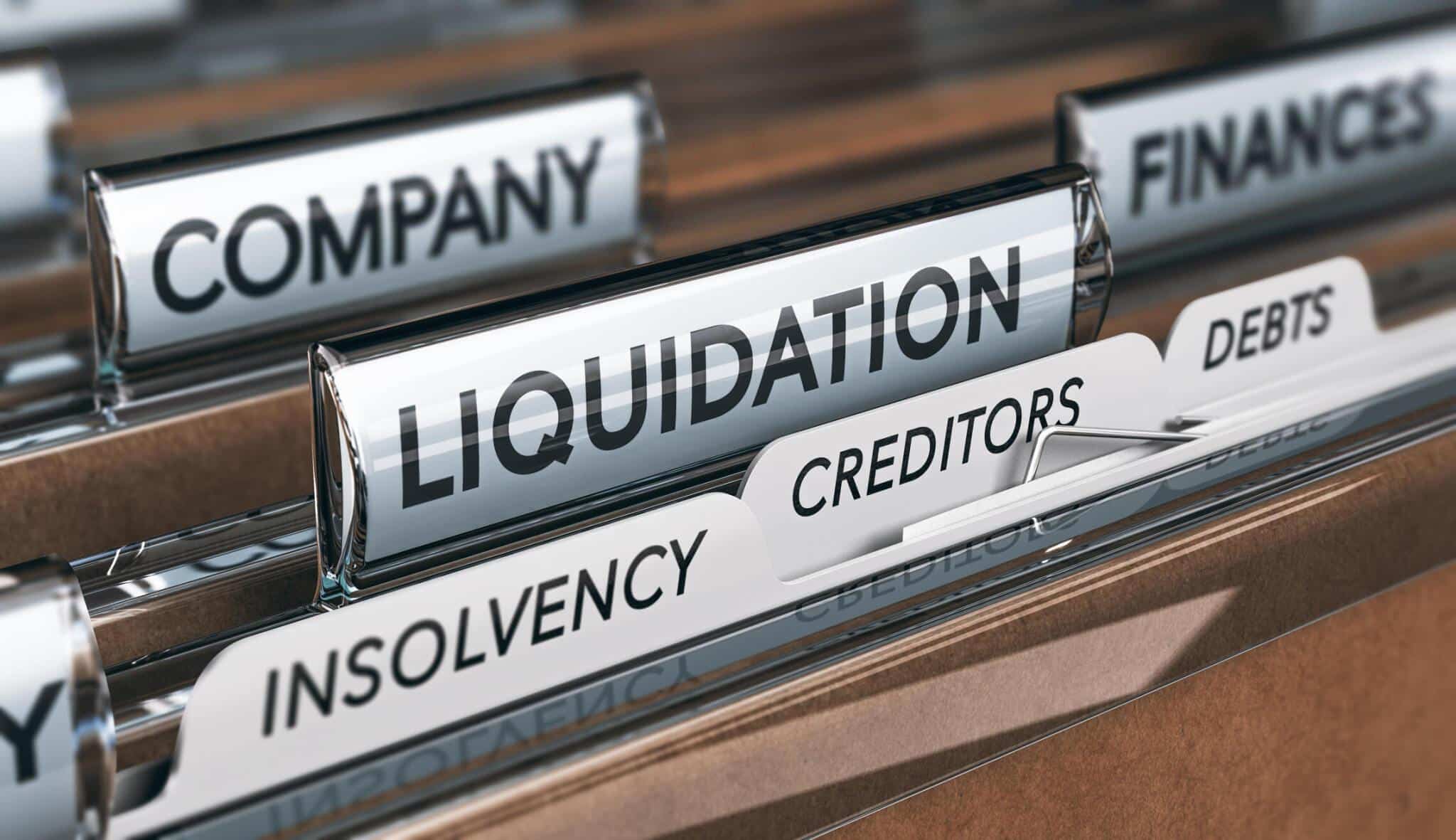How confident are you about your business’s future success? What if the market changes? What if a major competitor emerges? What if technology comes in to make your services redundant.
These are fears we all share, so once your business is established and gaining momentum, stress testing is recommended.
Here’s how it works and how it can protect your future.
What is stress testing?
A stress test is almost like a thought experiment, where you analyse what could go wrong with your business.
You start by picking the top two or three issues your business will likely have at some stage. It might be a drastic revenue drop, supply issues, cyber attack or clients failing to pay on time.
Pick the two or three worst scenarios and model the impact of these issues on your business. Do this to understand exactly how your business will copy under these conditions. Find out what the size of the effects will be and what your business can stand.
Now you have an understanding of what could happen in a worst case scenario and how your business will be affected.
Once you have done a stress testing exercise, the next step is to come up with a risk mitigation plan that will help you battle and overcome adverse conditions. In a way, you’re creating an escape plan that you can keep aside for emergencies.
Read more: How AI can help with business forecasting
Why stress test?
High interest rates are squeezing profit margins and have many businesses feeling as though the country is in an unofficial recession. If inflation does begin to go backwards, it will put further pressure on many companies.
This is why stress testing is so important in 2024. However, it’s a vital activity at any time because there are always threats to any business (the pandemic being a prime example).
There are other reasons to undertake this exercise:
- Getting ahead of the competition: A worst case scenario can affect your competitors as well. If you are prepared and have an action plan in place, you can be the brand that lasts.
- Confidence of creditors and stakeholders: Even if you never need to implement the strategies you develop, your creditors and stakeholders will have more confidence in you, knowing you have planned ahead. If you’re planning to sell your business, evidence of stress testing is a good asset to put forward.
- Confidence of team members: Let your team know you are stress testing and thinking about various scenarios. This will give them faith in your business so they stay around for longer. A confident crew is a productive crew, and there are positive effects that come from planning ahead.
How often to stress test
If you have never done a business stress testing exercise, any time is a good time to start. Recruit stakeholders from your team as well as experienced outsiders who can apply their knowledge and experience.
WIth conditions and markets fluctuating so drastically right now, stress testing is more important than ever. Think of this exercise as a form of insurance to protect your business’s ongoing interests.
Don’t forget to loop your accountant into the process where relevant. This professional can share insights to help you understand how much of a financial buffer you need and what different scenarios may cost you.
Contact Mobbs & Company for tax accounting. We operate in Caboolture, Brisbane and on the Sunshine Coast.










